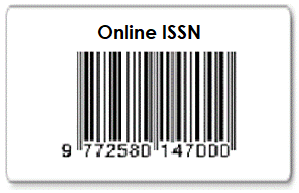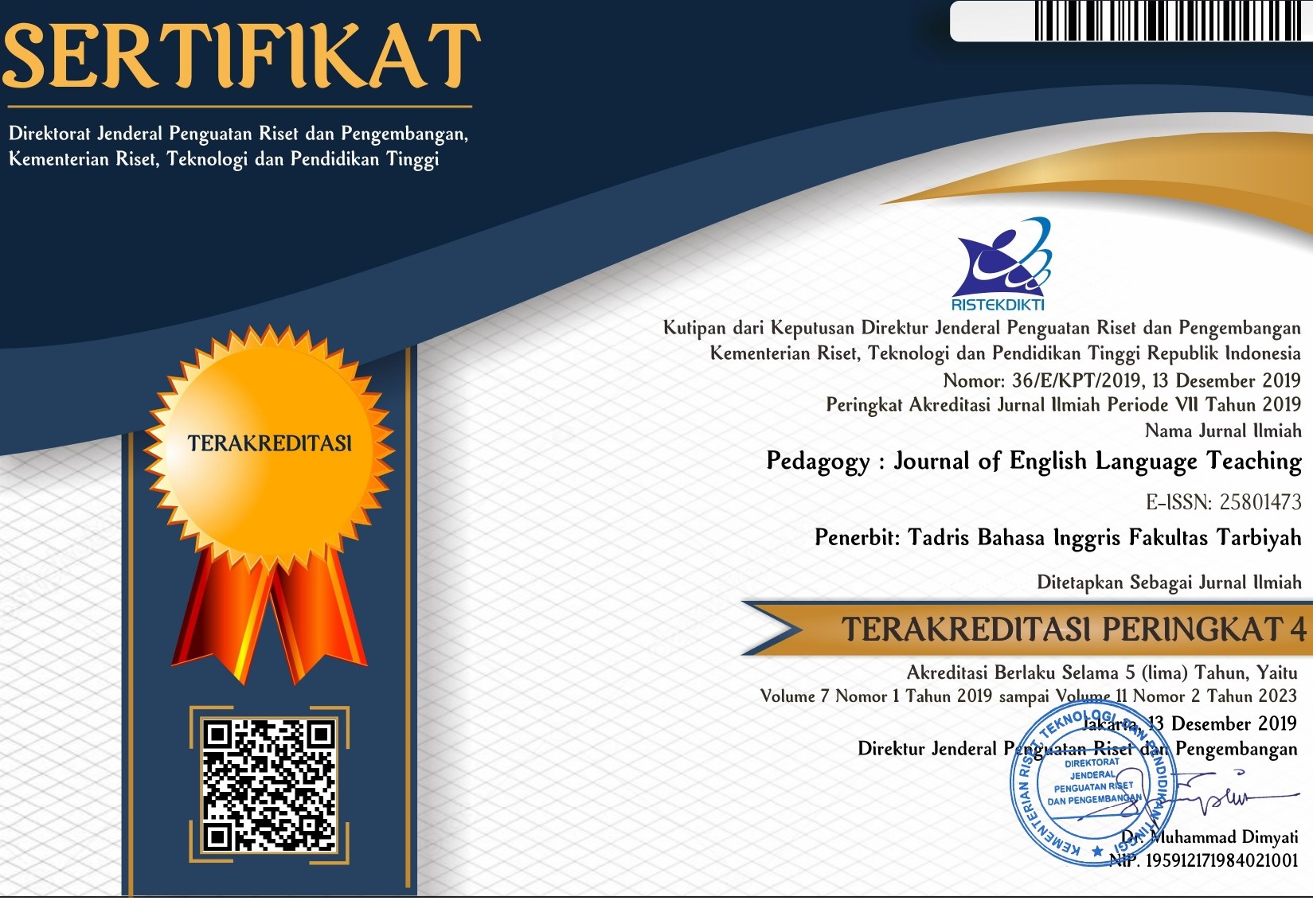The Implementation of Formative Assessment in EFL Writing: A Case Study at a Secondary School in Indonesia
DOI:
https://doi.org/10.32332/pedagogy.v8i2.2263Keywords:
Case Study, EFL Writing, Formative Assessment, Secondary StudentsAbstract
The formative assessment offers more informative aspects for the improvement in teaching and learning activity, unlike the summative assessment that teachers commonly apply. Therefore, the essence of learning is accomplished. Furthermore, the teachers can adjust the teaching to suit the students' needs through formative assessment. However, such research about formative assessment in English Foreign Language context is limited. This study intended to see the practice of formative assessment in the English Foreign Language writing class of the secondary school students and its impact on the teaching and learning activity. Thirty students and an English teacher participated in this research. In undergoing this case study, the researcher gathered the data from the questionnaire and interview, then analyze the data using inductive procedure analysis. The study revealed that students obtained more opportunity to share ideas with their peers. Therefore, it makes students more active in learning. Formative assessment also helps the students to improve writing in several aspects such as the grammatical aspect and the language use. Besides, students built up a positive attitude to writing and formative assessment as they can reflect from the discussion and feedback. This research will benefit teachers regarding conduct formative assessment in EFL writing and for other researchers to carry out the same research topic.
















